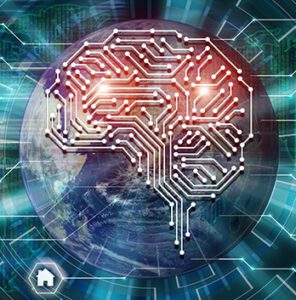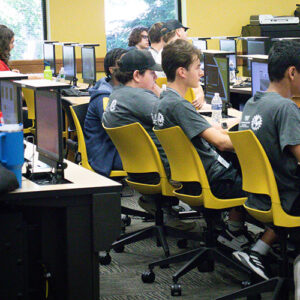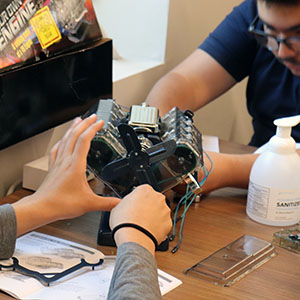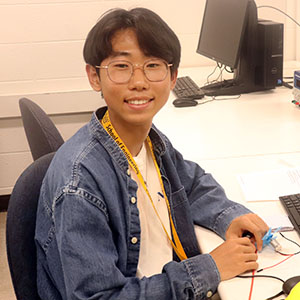Summer Camps
Explore summer camps hosted by Purdue University Northwest’s College of Engineering and Sciences!

Women and Minorities in Water and Energy (Applications Closed)
May 27 to June 9 | High School and College Students
Free Participants will take part in community engagement efforts, hands-on science and engineering projects, field trips and fun activities. Participants will receive a $500 stipend as well as a lunch allowance.

Artificial Intelligence/Machine Learning Summer Camp
June 16 to 20, 2025 | High School Students
$130 The custom-designed curriculum guides high school students through the Python coding for the implementation of artificial intelligence and machine learning algorithms.

Exploring the Fundamentals of Social Robotics (Apply Now!)
June 23 to 27, 2025 | Grades 6 to 9
$130 Join our exciting camp, where students dive into the world of Social Robotics and Human-Robot Interaction. They learn the fundamentals while getting hands-on experience building real robots using open-source tools like Peerbots!

Finch Robot Summer Camp (Register Now)
June 23 to 27 | Grades 4 to 5
$150 Campers will be introduced to computational thinking by working with a partner to program a Finch Robot using blocked based and drag and drop coding.

Middle School Summer Engineering Camp (Registration Full)
June 23 to 27, 2025 | Middle School Students
Free Join us for an exciting hands-on mechanical and civil engineering experience!

High School Summer Engineering Camp (Apply Now!)
July 7 to 11, 2025 | High School Students
Free Join us for an exciting hands-on mechanical and civil engineering experience!

Storytelling with Data: Empowering the Next Generation of Data Scientists (Register Today!)
July 28 to Aug. 1, 2025 | Grades 6 to 9
$150 Campers will learn to uncover the patterns and clues within the dataset by using their mathematical and statistical skill sets.